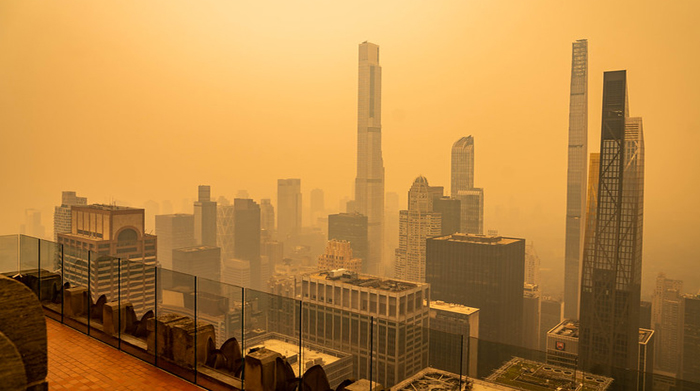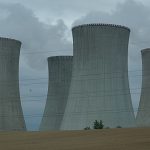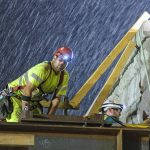Are the Spring 2023 Canadian Wildfires the New Norm?

Image courtesy of Anthony Quintano under Attribution 2.0 Generic License, resized to 700 x 391 pixels.
As you have probably heard, last month (June 2023), a string of Canadian wildfires polluted the air across the U.S., spurring widespread alarm. New York City and other parts of the U.S. northeast caught the brunt of the ill effects early on, which ranged from hazy skies to literally creating the worst air quality in the world for a short period of time. The Midwest was not spared either. The burning question (pardon the pun) – does this represent something akin to a new normal?
What the Canadian Wildfires Say About Climate Change
At the time, it was noted that every province in Canada had a fire raging, which was a first. Compared to 2022, the country has already experienced a mind-bending 14,400% increase in the amount of land getting scorched. Does this mean that climate change is the culprit? Well, that remains to be quantified, but anecdotally, yes it does.
Well, maybe even more than just anecdotally. It has been calculated that 13 fossil fuel companies and 75 cement companies are at least partially responsible for 37% of the wildfire losses in Canada between 1986-2021 (according to Cambridge-based Union of Concerned Scientists (UCS) and the University of California). And of course, unless you’ve been living under a rock for the past few years, you know that California, Oregon, and other parts of the U.S. have seen a spike in recent wildfire activity as well.
I think this is more than just coincidence. While certain geographic areas seem to be more prone to fires than other areas, on the whole, the frequency and severity of these events has been increasing. While the early-June ‘smoke funnel’ effect the U.S. northeast experienced as a result of the Canadian wildfires was an anomaly, the overall uptick in fire activity in general is alarming.
Scientists are saying that global temperatures are rising at the same time that occurrences of strange phenomena like the Canadian wildfires are rising. Is this the new norm? Time will tell, but in the meantime, emergency planners must assume the worst in order to effectively prepare.



